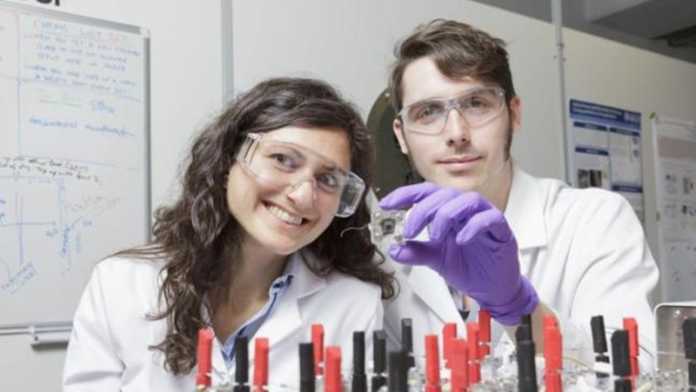This game changing technology was developed by researchers at the University of Bath, Queen Mary University of London and the Bristol Bioenergy Centre. The fuel cells utilize natural biological processes of electric bacteria in order to convert urine [Organic Matter] into electricity. Once urine passes through the microbial fuel cell, reactions takes place and after reaction bacteria then generates electricity. Moreover, this technology can be preserved or used directly to generate power in electrical devices. Earlier devices were developed which are quite similar to microbial fuel cell but this device is smaller and powerful than earlier ones. This technology is obviously cheaper and can be beneficial for people living in far flung areas including those living in poverty hit nations. This is possible due to the carbon catalyst which is relatively cheaper and can be used instead of platinum which is expensive. Lecturer at the University of Bath’s department of chemical engineering, Dr Mirella Di Lorenzo said “If we can harness the potential power of this human waste, we could revolutionise how electricity is generated”. “Microbial fuel cells can play an important role in addressing the triple challenge of finding solutions that support secure, affordable and environmentally sensitive energy, known as the ‘energy trilemma”. One fuel cell has the potential to generate two watts per cubic metre which means you can easily charge your mobile device. Researchers are now looking to increase the power output with some alterations.
Δ



